Christianity and the American Constitution
by Dan Severson
This class looks at the various Protestant denominations, their theological outlook, and the understanding of human nature that influenced the principles that resulted in the form of government embodied in the US Constitution. Americans, as a general rule, believed that there was no such thing as a group of people who were privileged due to the class of people they were born into. As far as they were concerned, the Bible is clear on this point. All people are created in the image of God. Therefore, when it comes to who governs, the people decide. Moreover, freedom, which is God-given, can only be preserved if government “is of the people, by the people, and for the people.” [Lincoln]
Colonial Americans also believed in self-reliance. Freedom was more valued than anything else, and this meant that people were free to provide for themselves in any way they choose. The idea that a local or federal government should get involved in the personal affairs of a person’s life would constitute a threat to their freedom. Most people believed the legitimate powers of government was extremely limited. The church and family were responsible for charity, as a Christian value.
Most Protestants during this period came from the Calvinist tradition in theology and the practice of Christianity. The Pilgrims and the denominations that came from them, such as the Congregationalists, were Calvinist. Presbyterians were also Calvinists and Methodists shared similar beliefs. Calvinists believed that Christian piety resulted in a life of good works. Faith in God is what saves a person. However, faith is dead if it’s not active in good works. People are responsible to live the life God wants them to live, and faith means following Christ in a life of service. If the government gets involved in what belongs to an individual’s conscience, freedom becomes limited. Protestantism in its Calvinist form shaped the culture and values of America.
Thomas Jefferson began his Declaration of Independence with the statement that “All men are created equal, and endowed by their creator with certain inalienable rights, among which are life, liberty, and the pursuit of happiness.” This was a biblical idea – that all people are created in the image and likeness of God, and was the primary guide to creating the constitution. Biblical principles were turned into a way of thinking about human rights that limit government power. In the next class, we will begin to look at the text of the constitution.


